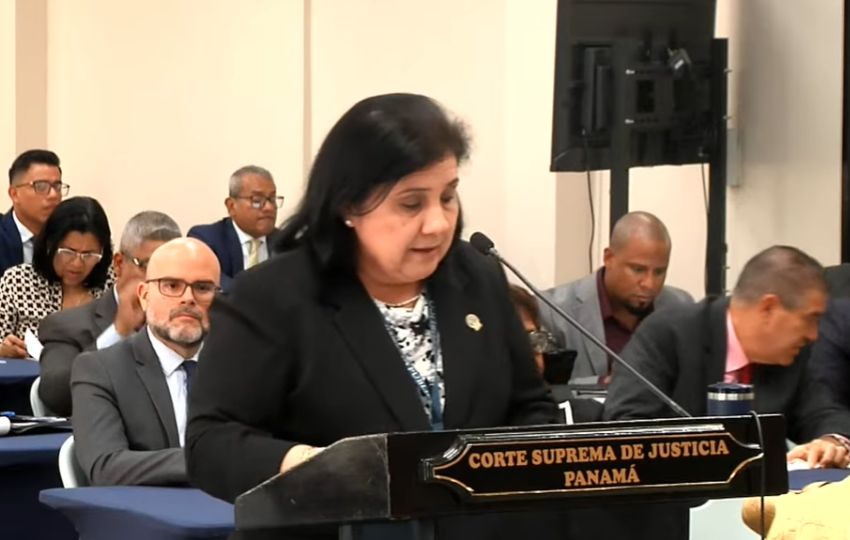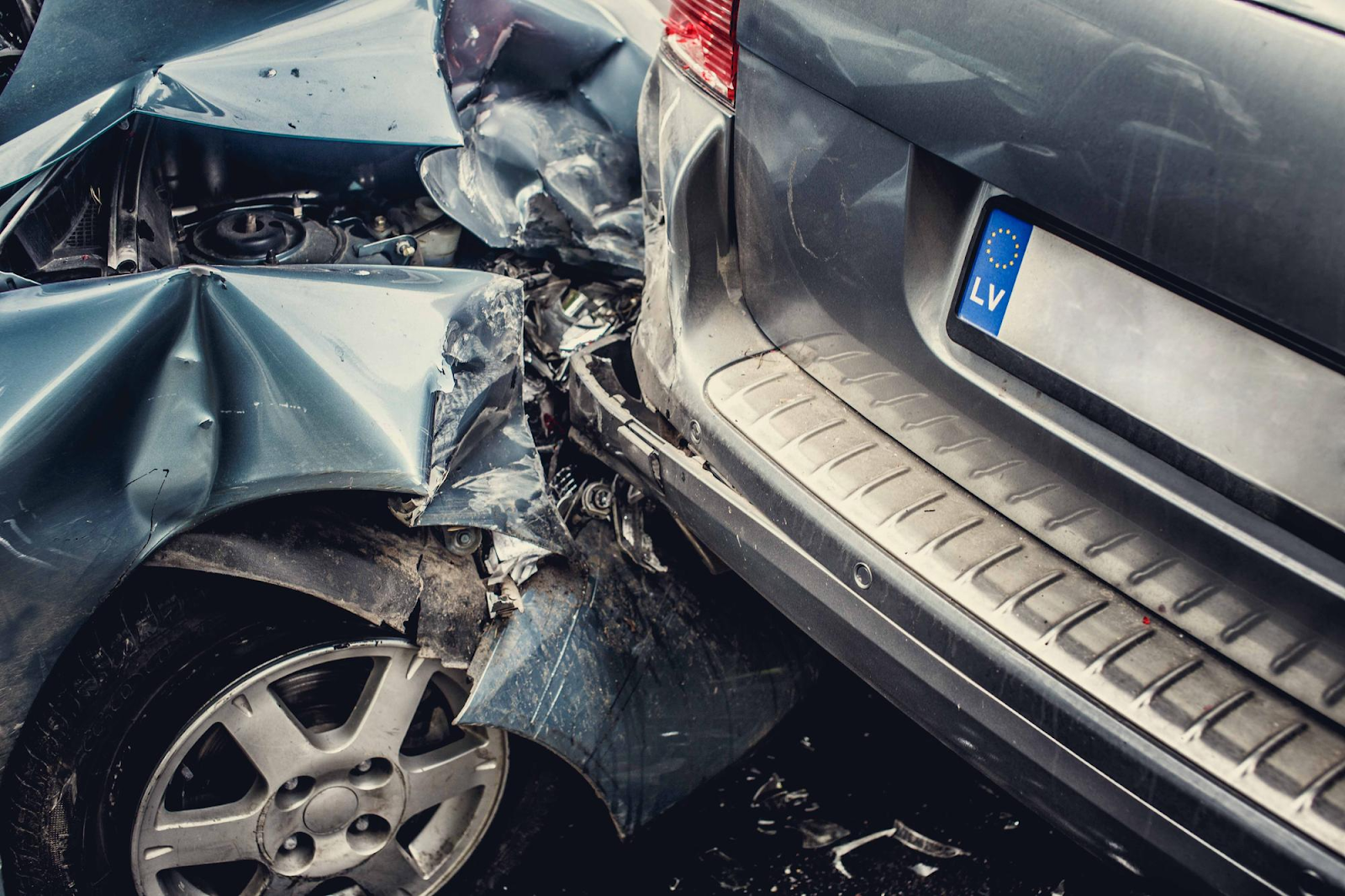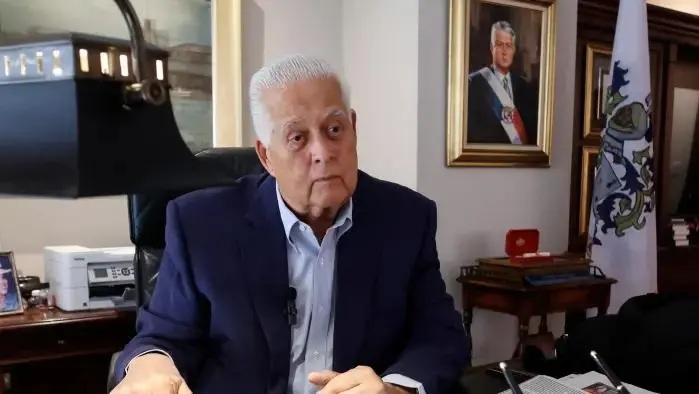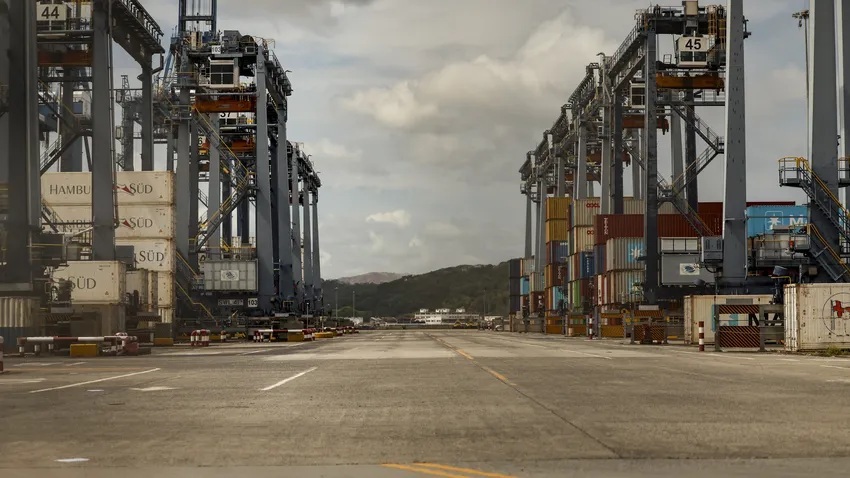MARTINELLI: Legends, Lies and Myths
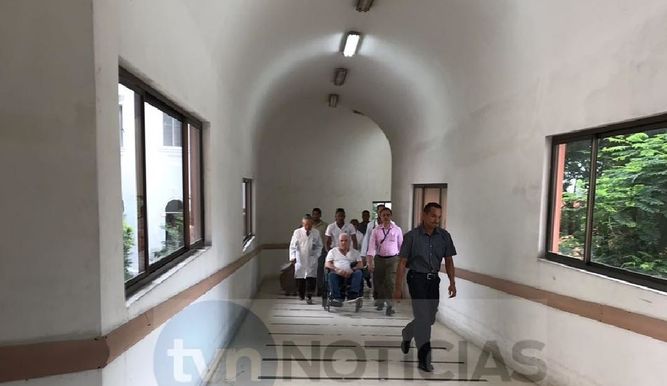
IN THE US President Donald Trump likes to classify all reports or social media comments unfavorable to his administration as “fake news”.
In Panama, La Prensa which has played a leading role in uncovering some of Panama’s major corruption scandals, and is not afraid to name the offenders, from The Panama Papers and Odebrecht to the University of Panama and Blue Apple, to the National Assembly uses a broader brush and with ex-President Ricardo Martinelli inally back on home soil to face justice refers to the misinformation that continues to circulate, much of it propagated by the very people now facing criminal investigation by the Public Ministry after freewheeling years in a cabinet of cookie jar addicts.
This has led to the diversity of confusing statements and intentional misstatements that have contributed to generating a sterile debate about the extradition process and the precautionary measure applicable to the Ricardo Martinelli. The big lie or myth repeated often enough gets accepted as a truism. Whether it’s grandma’s cure for bunions or a claim to have climbed the highest mountain.
In the wake of Martinelli’ return to prison, and with more Tweet addicts depicting him as a victim rather than a criminal it vital to be clear about what is the legal reality of the process that Panamanians are witnessing says a lawyer writing in La Prensa.
- “Extradition was voluntary”: this is an oxymoron. There are voluntary repatriations But in this case, Martinelli renounced the last resources available, to (allegedly) accelerate his extradition to Panama. It was not voluntary, that’s a lie, he was extradited.
- “Judge Jerónimo Mejía invented a hearing to recognize rights that do not exist”: Magistrate Mejía is one of the best specialists in criminal law procedure in the country. Many lawyers, including myself, were expecting a hearing from control (Art. 278 of the Constitution (CPP)). Instead, Mejía held a hearing to recognize rights, established in article 341 of the CPP. In this way, Mejía validated the procedure procedure of Harry Diaz, and placed the process in the middle stage, that is, what comes is the accusation. To say that Mejía does not know what he is doing is pure fiction.
- “The 364 days in detention in Miami serve to deduct the lengof provisional detention”: as “. The detention for extradition purposes it is not counted as part of the provisional detention that corresponds as a precautionary measure for having evaded the action of justice. The 364 days are not taken into account because they were the fault of the extradited himself, who extended unnecessarily the process in the United States. If he had wanted to return he would have done it the day after he was arrested for extradition purposes. The detention time in Miami it does not correspond to the snooping, case but to the extradition process. The claim that the time of detention in the United States is subtracted from that of provisional detention is an urban legend
- “The specialty principle does not allow Martinelli to be prosecuted for other cases “: The diplomatic note of the Department of State, sent to the Government of Panama for the delivery of the extradited, mentioned that this procedure was done under the specialty principle of the Extradition Treaty of 1904. Article 8 of that treaty establishes two exceptions to the protection that the specialty principle gives. The surrender of the extradited to this protection and the express authorization of the State that extradited the person. International lawand Panama criminal procedure law recognize a third exception, which is that of crimes against humanity.


